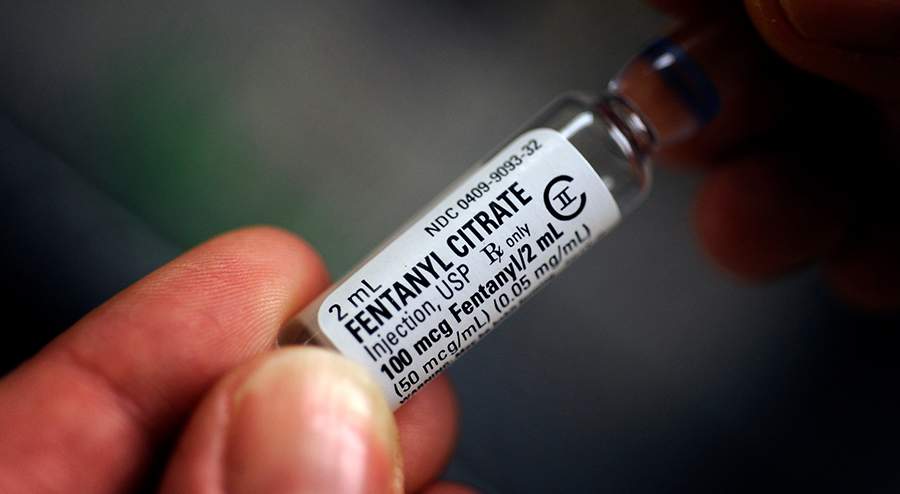Insys Therapeutics, the producer of the painkiller fentanyl, creates a product 50 times more potent than heroin.
The drug maker donated $500,000 to ‘Arizonans for Responsible Drug Policy’ with hopes to undermine marijuana legalization in the state. Pro-legalization activists believe the drug company wants to maintain a monopoly on the market for pain relief drugs and others.
Insys, which produced the painkiller which killed Prince after an overdose, opposes cannabis legalization, it says, “because it fails to protect the safety of Arizona's citizens, and particularly its children.”
The company also noted that the US Food and Drug Administration had yet to approve medical marijuana, according to the Arizona Daily Star.
According to the Drug Enforcement Agency (DEA), fentanyl – sold as a spray – is 50 times more potent than heroin.
The DEA notes the drug has been used on the black market to cut heroin.
“We are truly shocked by our opponents' decision to keep a donation from what appears to be one of the more unscrupulous members of Big Pharma,” said J.P Holyoke, chairman of the initiative-backing Campaign to Regulate Marijuana Like Alcohol.
“Our opponents have made a conscious decision to associate with this company. They are now funding their campaign with profits from the sale of opioids – and maybe even the improper sale of opioids.”
He added: “We hope that every Arizonan understands that Arizonans for Responsible Drug Policy is now a complete misnomer. Their entire campaign is tainted by this money. Any time an ad airs against Proposition 205, the voters should know that it was paid for by highly suspect Big Pharma actors.”
Last month, the Illinois’ attorney general filed suit against Insys Therapeutics, claiming the pharmaceutical company employs deceptive marketing practices to sell its drug, including paying one indicted doctor thousands of dollars for speaking events to sell fentanyl.
Insys describes the drug as a fast acting pain reliever, "may provide pain relief in as little as five minutes…it is the first and only sublingual spray for breakthrough cancer pain,"
A recent ProPublica analysis discovered over 2,300 doctors with discipline records in five states had received payments from drug and medical device companies since 2013.











